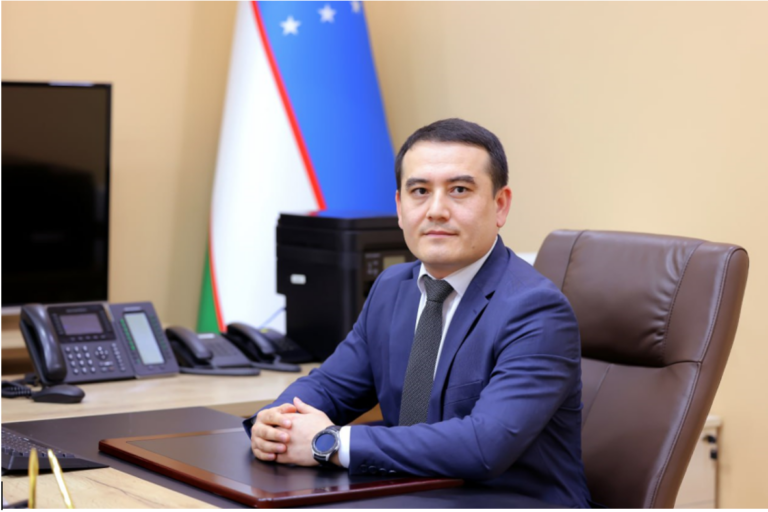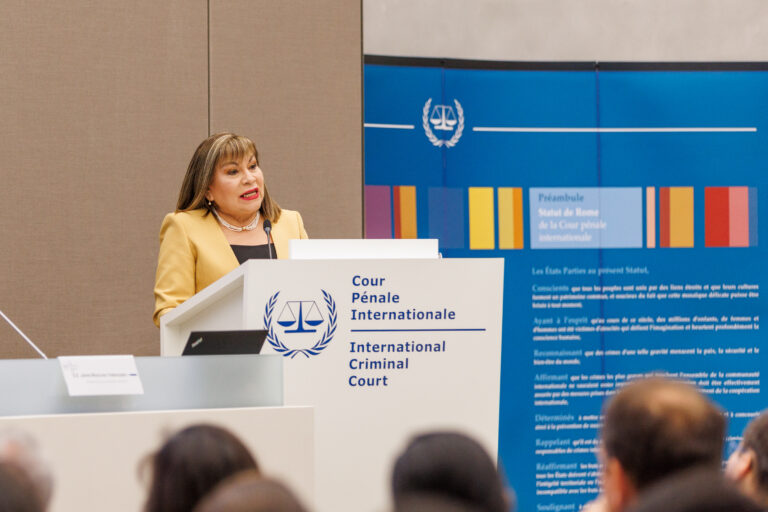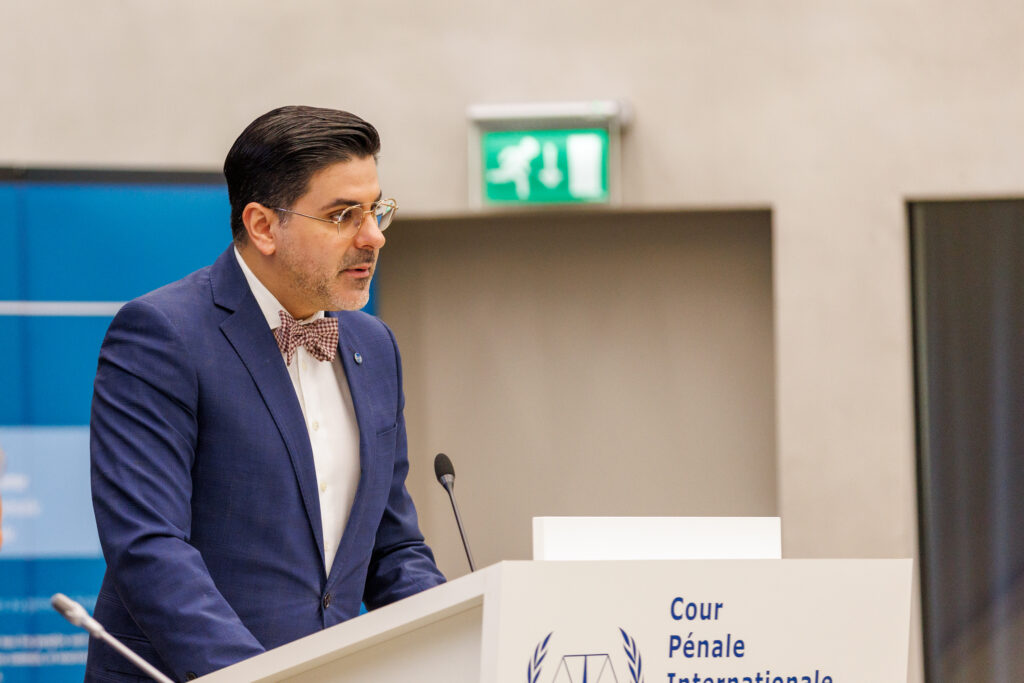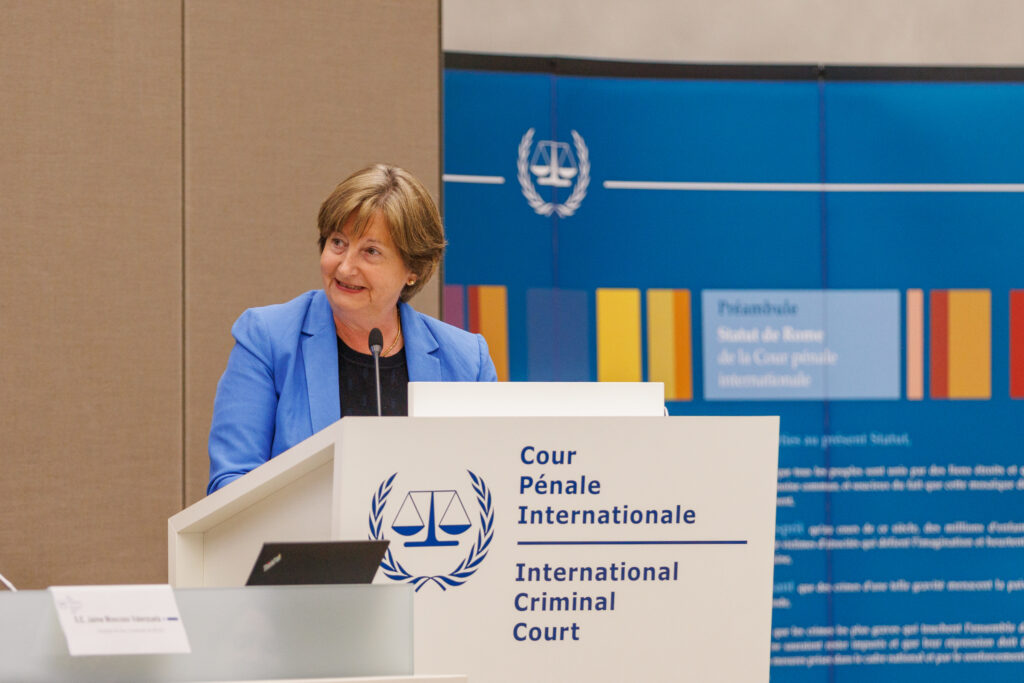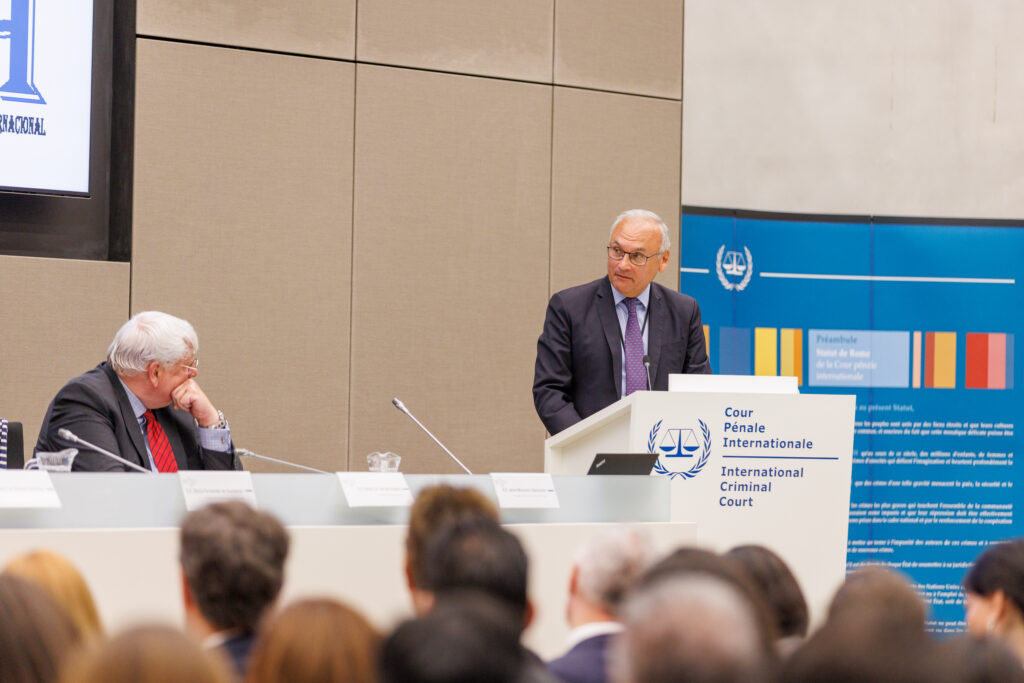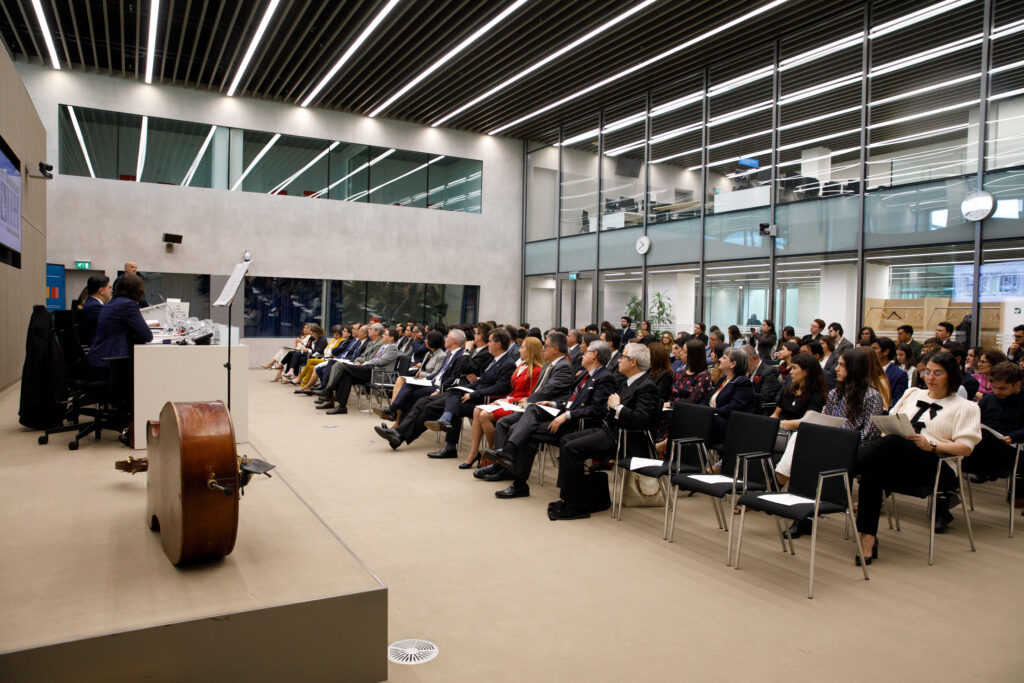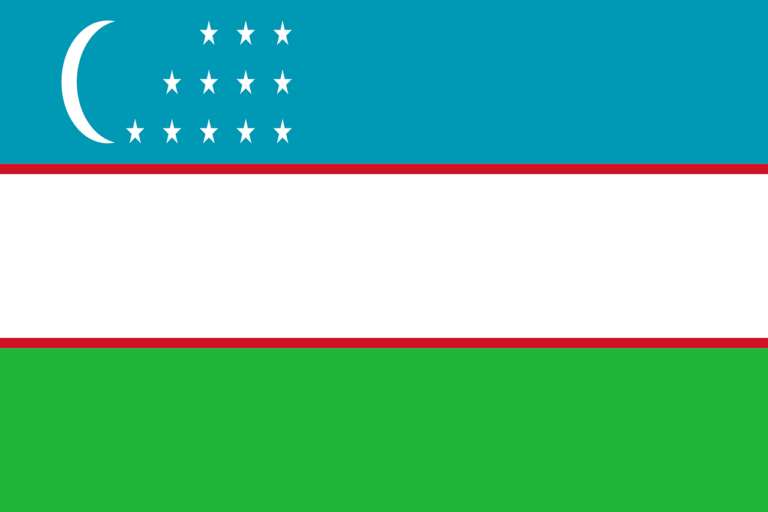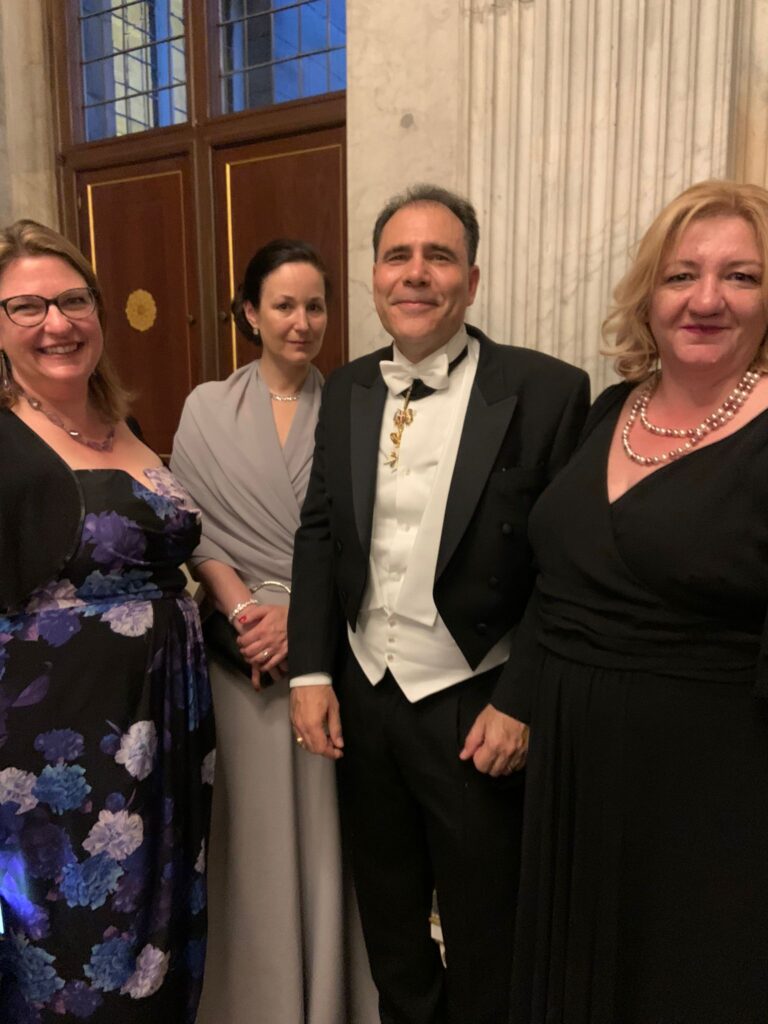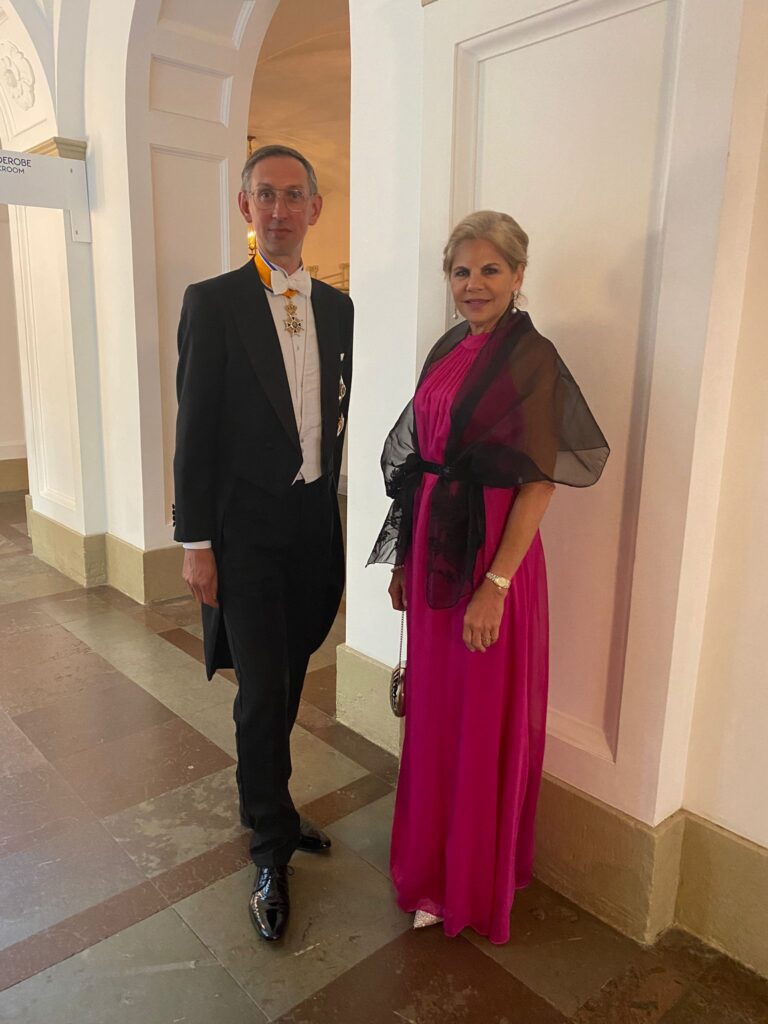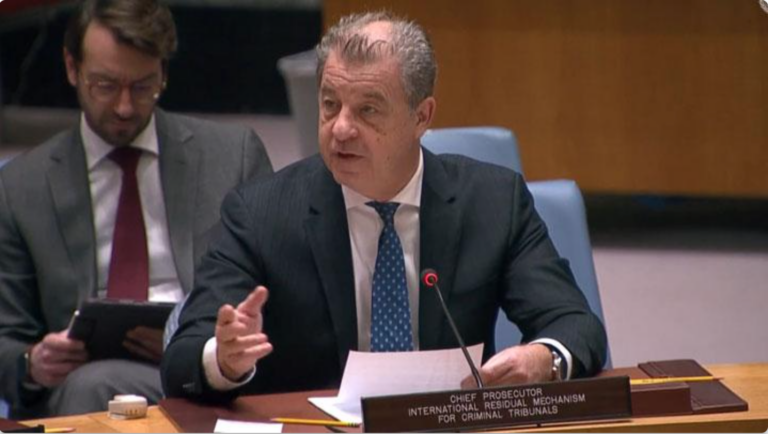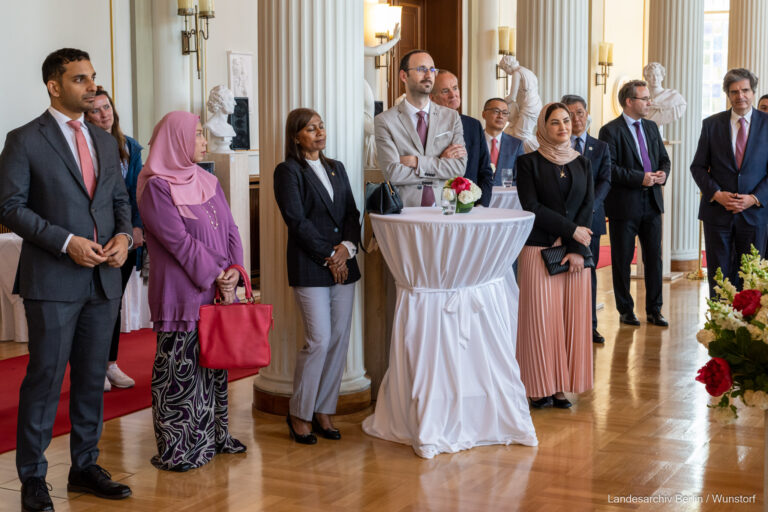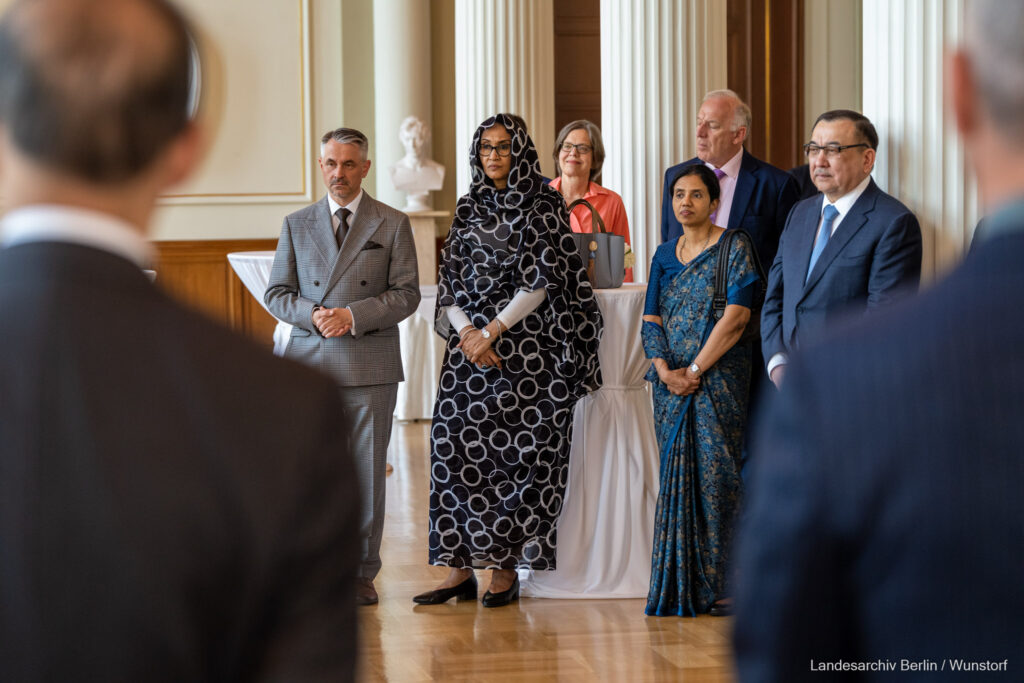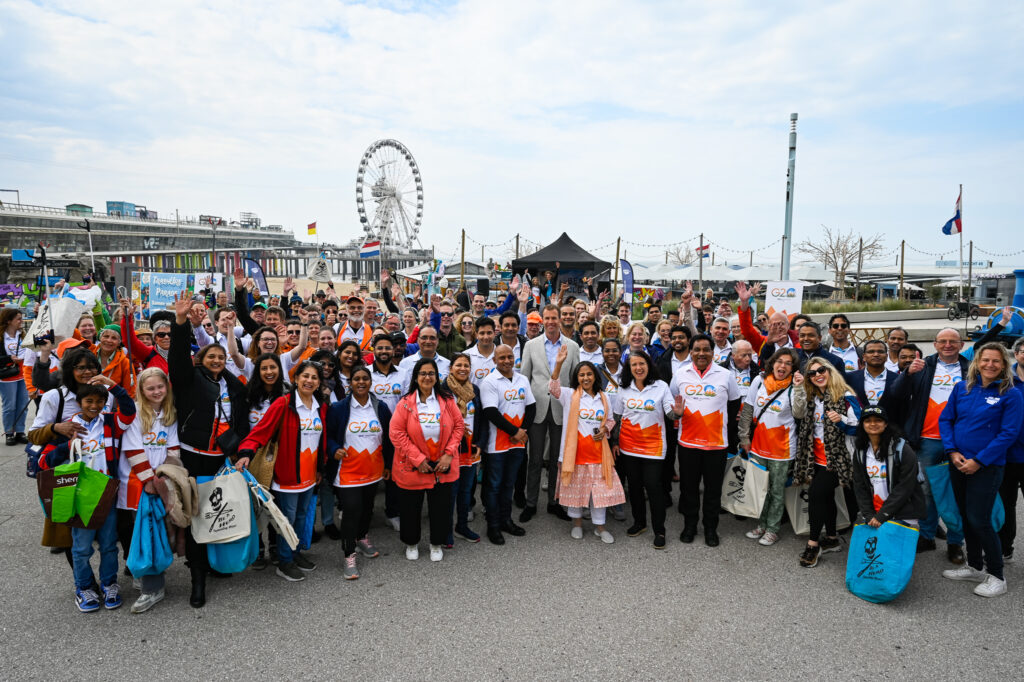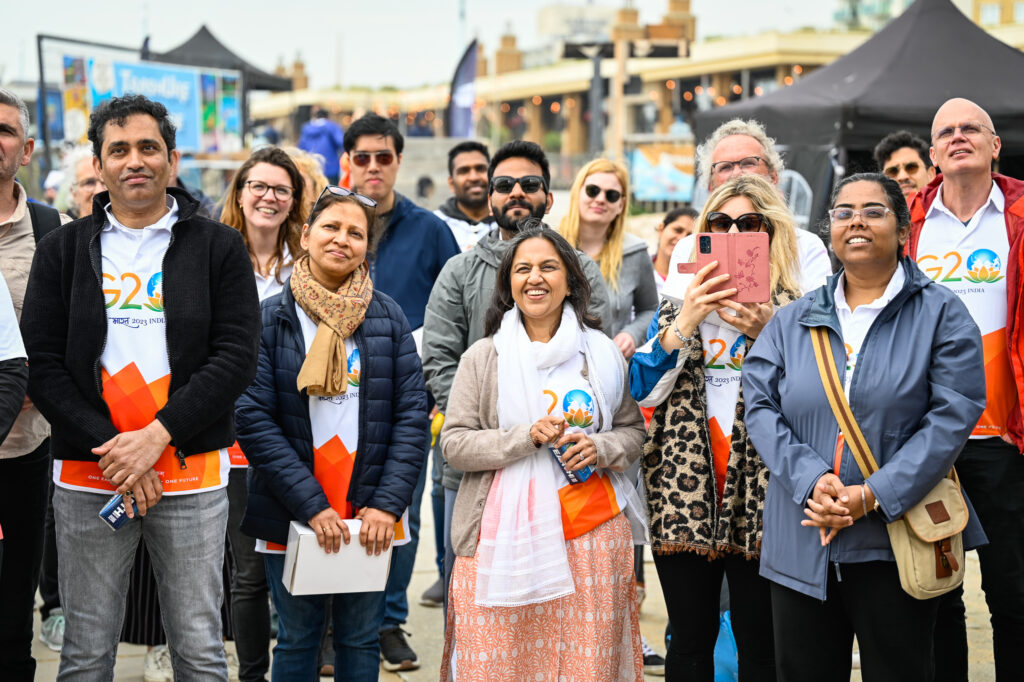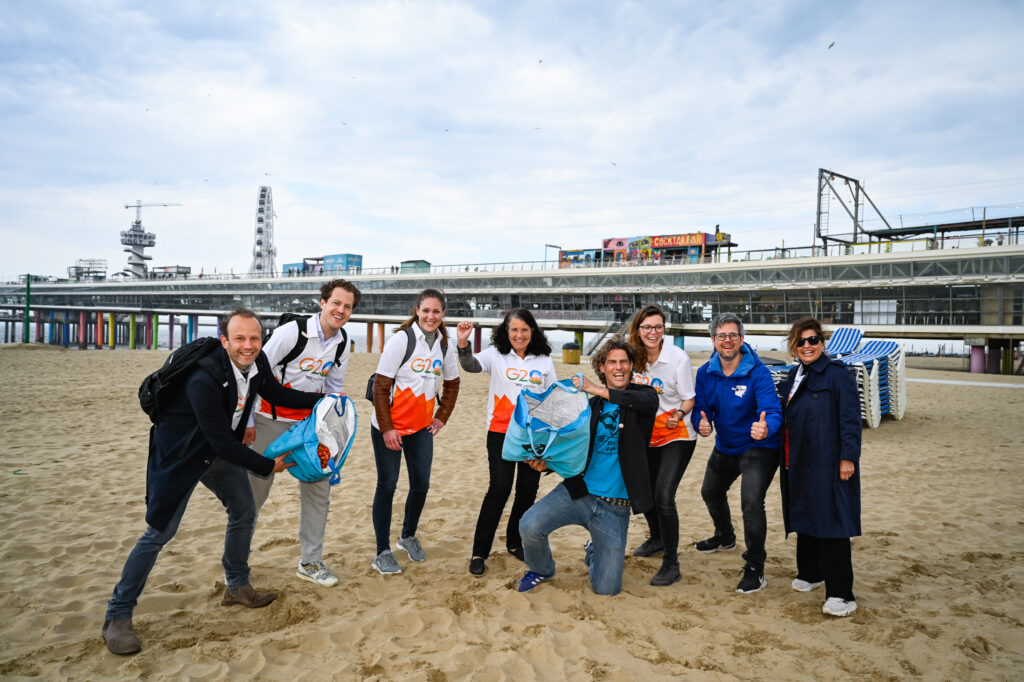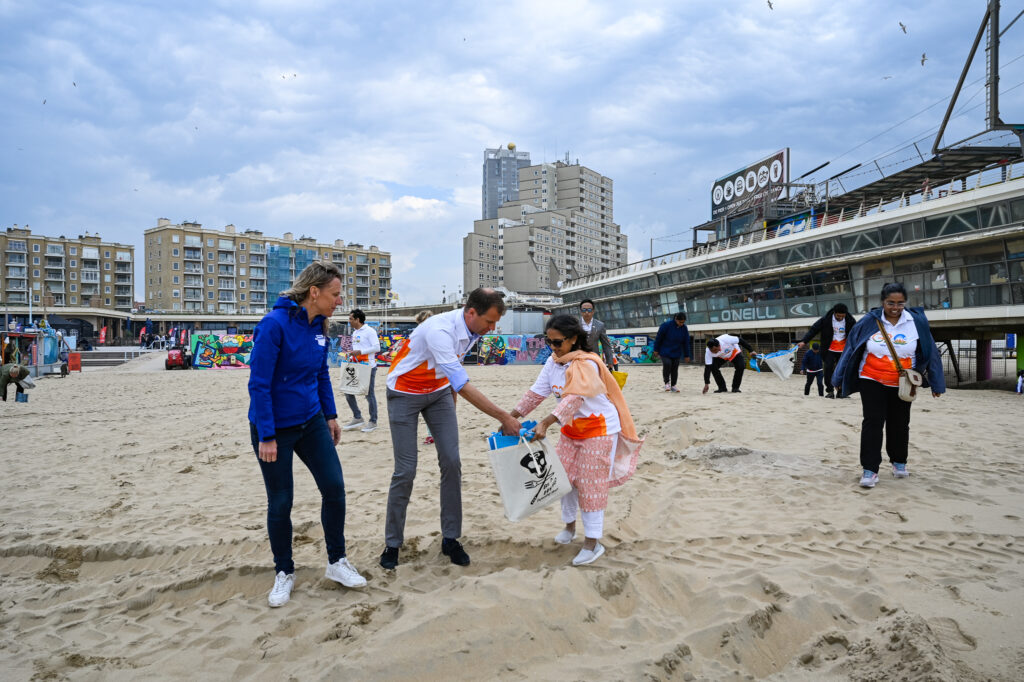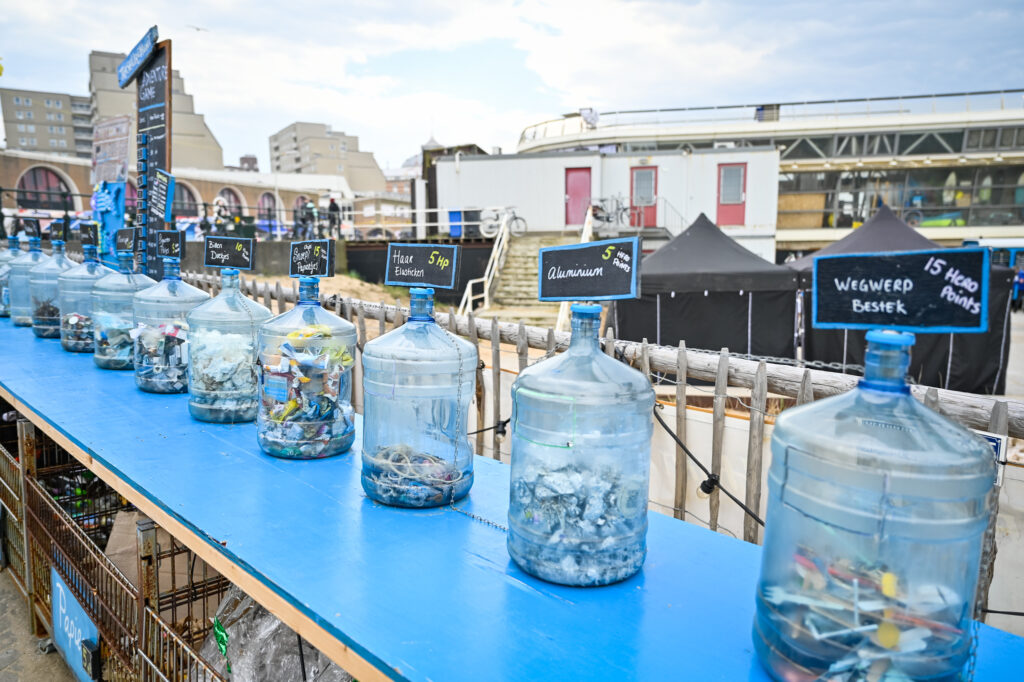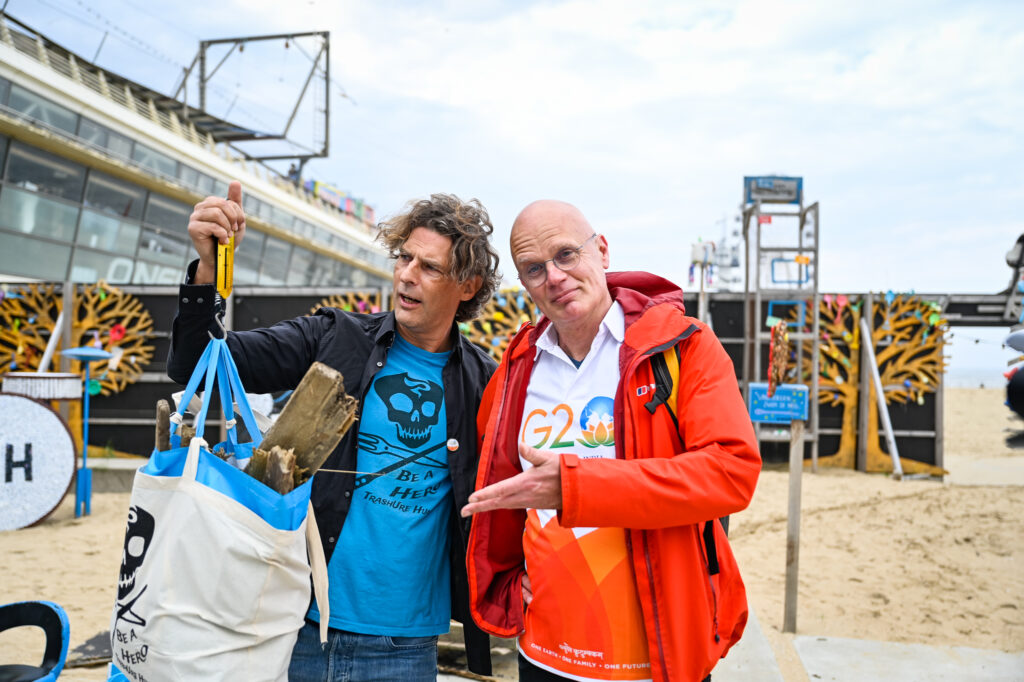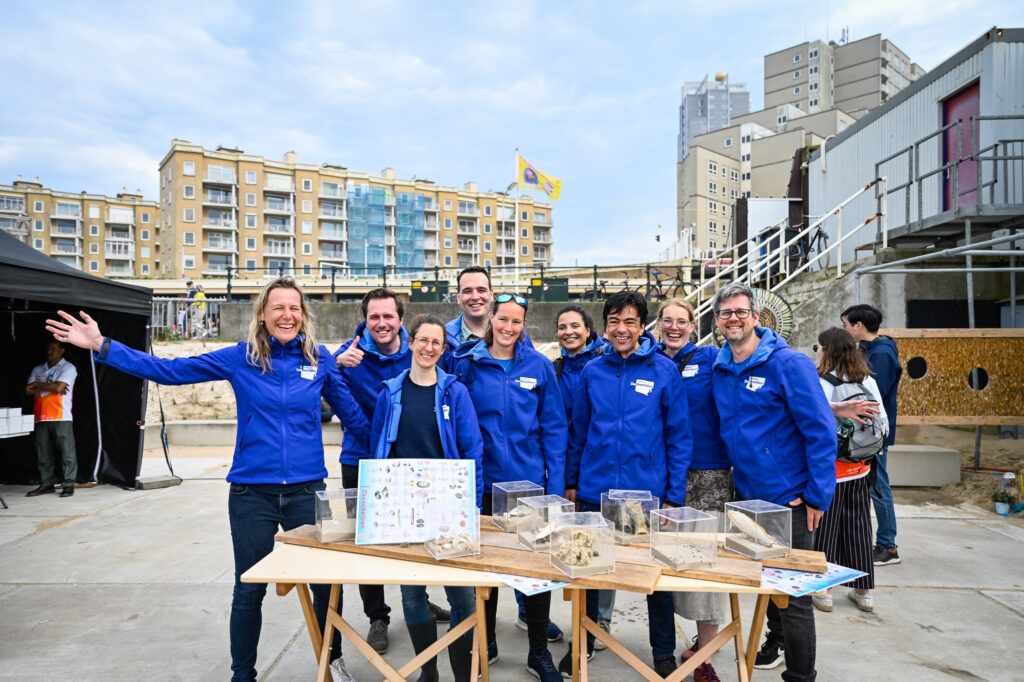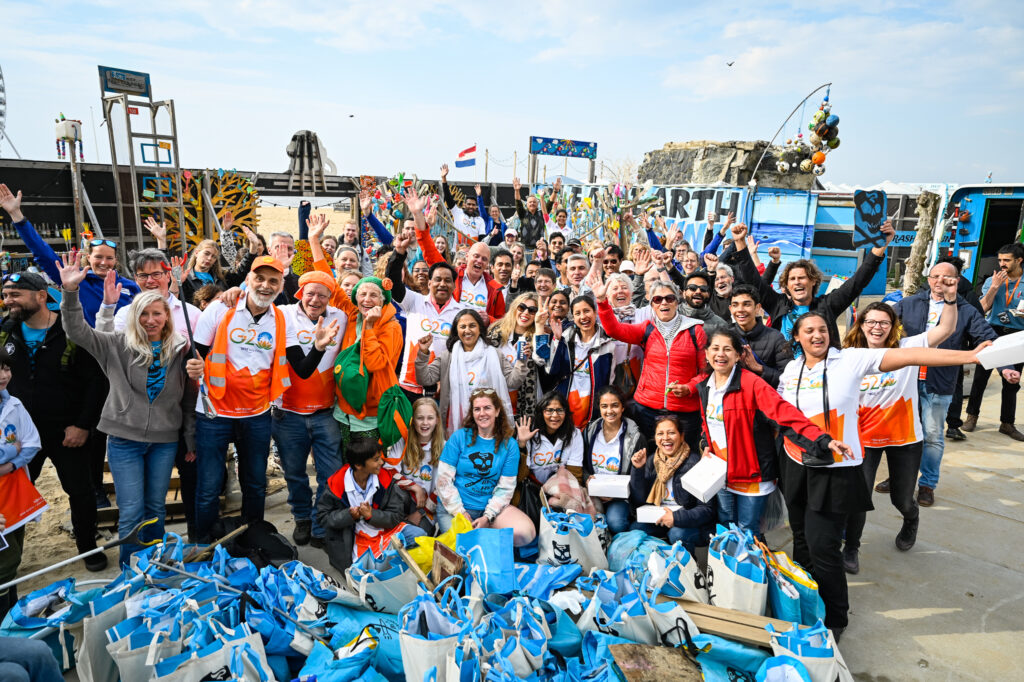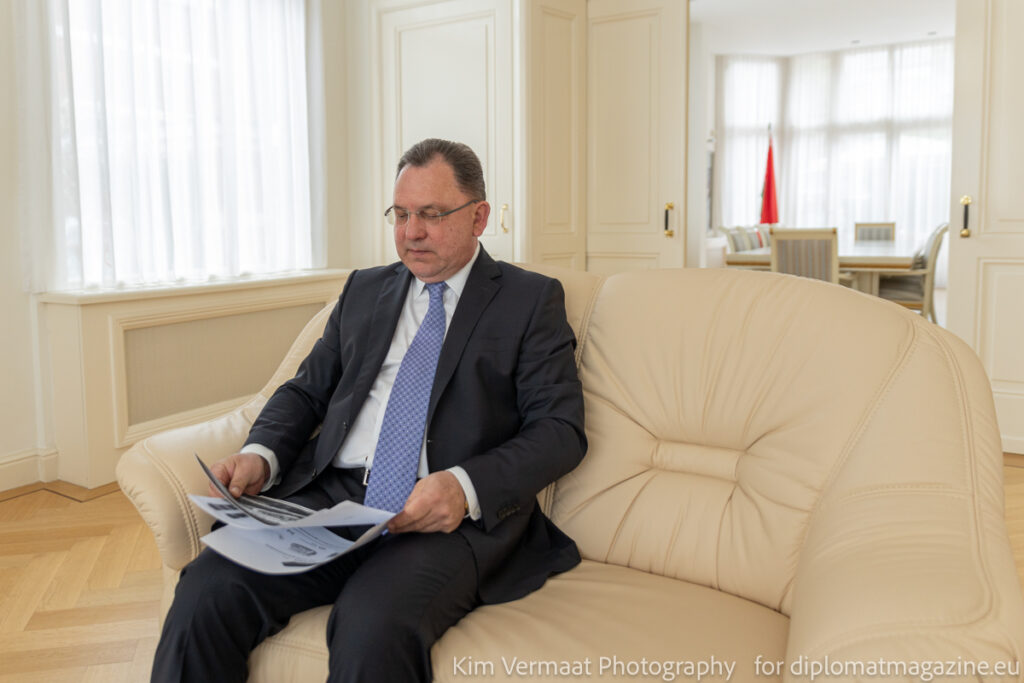By Oybek Khamrayev, Deputy Minister of Investment, Industry and Trade of the Republic of Uzbekistan
Since 2017, amid a wave of structural reforms affecting all areas of state and society without exception, the international community has unanimously called Uzbekistan a driving force in the region. During this time, the country has gone through an accelerated transformation of the economy and is increasingly appearing in the international community as one of the symbols of openness, innovation and determination in removing various barriers to business and investments.
The liberalization and modernization of the national economy has been carried out, the multiplicity of exchange rates has been eliminated, and the opportunity for unhindered currency conversion has been created. Investment activity is stimulated through the development of public-private partnership instruments and project financing. These measures are necessary to ensure accelerated growth of investments in infrastructure, which is a key factor in increasing investment attractiveness and sustainable economic growth.
The recognition of the country, its openness, aspirations for integration into the world trade, financial, and industrial circles finds positive responses and support from the global business community, including through the holding of new major international events in the country. The Tashkent International Investment Forum (TIIF) is one of such landmark events that allowed Uzbekistan to declare itself as a reliable, self–confident, promising partner in the international arena.
In order to further promote Uzbekistan as one of the promising countries for investment and business development in 2019, the issue of organizing the first TIIF was worked out. However, the COVID-19 pandemic and the related aspirations of various states to ensure stable health and safety of the population have made some adjustments to the international agenda of Tashkent, as a result of which the first TIIF was held in 2022, bringing together more than 1.5 thousand distinguished guests on its site. As a result, a package of contracts and investment agreements worth $7.8 billion was signed and preliminary agreements were reached on the implementation of projects worth $3.5 billion. Significant results and breakthrough agreements on the sidelines of the Forum steadily held the top positions in the international media for almost 2 weeks after the event.
In April 2023, the capital of Uzbekistan hosted the guests of the 2nd Tashkent International Investment Forum. This year it was attended by more than 2.5 thousand leading investors, officials, heads of large companies and holdings, financiers and experts in the field of economics from 70 countries, including the USA, Great Britain, Turkey, China, India, Egypt, the EU, CIS, Southeast Asia, the Middle East.
For comparison: last year, 1.5 thousand guests from 50 countries gathered in Tashkent at the TMIF-2022. This suggests that the interest of the international financial and business community in Uzbekistan has grown significantly and strengthened over the past year.
More than 30 events of various formats were held on the sidelines of the Forum: a plenary session attended by President of the Republic of Uzbekistan Shavkat Mirziyoyev, dozens of panel sessions and round tables, business breakfasts and B2B meetings.
The experts had the opportunity to share their views and experience on various issues of the global and regional economic and investment agenda. In particular, the focus was on the development of e-commerce, the “green economy”, digital banking, the investment potential of the regions, the steps taken to industrialize the country and orient the industry to produce products with high added value, as well as the transformation of corporate governance in companies with state participation, energy sector projects, water resources management and other relevant topics.
According to experts, holding such a grandiose event in Uzbekistan is the result of consistent and comprehensive reforms implemented in the New Uzbekistan in recent years.
By the way, the topic of qualitative structural changes in the country was a red line both on the official agenda of the Forum and on the discussions on its sidelines. Significant steps were noted to radically improve the investment climate, create comfortable conditions for business, and deep institutional reforms that completely renewed the country’s image in the international arena. For 6 years, child labor has been completely eradicated in Uzbekistan, zero tolerance to corruption has been introduced, freedom of speech and religion has been guaranteed, private property has been protected, legality, interethnic peace and stability have been strengthened.
The speeches emphasized the country’s desire to become the best place for investment. To achieve this, a colossal work aimed at practical results has been carried out and continues.
All bureaucratic barriers that hindered the free activity of investors have been eliminated, a business-friendly fiscal system has been created, the total number of taxes has been reduced from 13 to 9, the value-added tax rate has been reduced from 20 to 12 percent.
Foreign investors are exempt from taxes for a period of three years on dividends received from their shares, as well as from paying customs duties on raw materials and goods for more than 7 thousand items.
The processes of privatization of large banks, industrial and infrastructure facilities have been launched in the country, bringing the share of private financial organizations in the banking sector to at least 60%. Work is underway on the privatization of large state-owned companies in the mining, chemical, financial and telecommunications industries. Mechanisms of public-private partnership are being actively implemented.
In the course of the Administrative Reform initiated this year, the number of ministries was reduced from 61 to 28, more than 500 state functions for business regulation were canceled and transferred to the private sector.
At the Constitutional level, the State’s obligations to protect the rights of investors, ensure a favorable investment and business climate, the inviolability of property, the development of market relations, the creation of conditions for fair competition and the independence of the judicial system are enshrined. The State has assumed the obligation to ensure the rights of investors and guarantee their protection in court. From now on, investors do not need to prove the legality of their claims in court. On the contrary, now government agencies are obliged to prove the legality of their decisions. Administrative courts have been set up to ensure that any legal ambiguities that may arise between public institutions and private investors are interpreted in favor of investors.
Moreover, a completely new approach of working with foreign investors on the principle of “one window” has been introduced.
Uzbekistan is moving by leaps and bounds towards the “green economy”. Over the past three years, more than $8 billion has been attracted to the renewable energy sector. In particular, the world’s most influential companies, such as ACWA POWER, MASDAR, TOTAL EREN, are implementing large-scale solar and wind power projects in the country. In 2023, more than 2,000 MW will be commissioned, next year — 8000 MW. “Green Economy” creates new areas of industry, in particular, for the production of solar panels, wind turbines, inverters and other electrical products.
Small and medium-sized businesses are developing, where special attention is paid to supporting women’s entrepreneurship.
The Tashkent International Arbitration Court is being created, which will provide an additional level of protection for foreign investors in Uzbekistan.
The Council of Foreign Investors under the President of Uzbekistan has been established – the most important platform for the development of direct dialogue between foreign investors and the government aimed at continuously improving the investment and business climate.
Negotiations on joining the World Trade Organization are actively underway. Import duties have already been reduced, and the harmonization of national legislation with international norms and standards is in full swing.
A visa-free regime has been introduced for citizens of almost 100 countries.
The effect of the reforms is obvious, and it was repeatedly voiced during the 2nd Tashkent International Investment Forum. Uzbekistan has firmly secured its status as the country with the most diversified economy in the region. In total, about 100,000 new enterprises were created in a year. The annual volume of foreign investments exceeded $11 billion, which is 3 times more than in 2017. About 1 million people have been lifted out of poverty, and the poverty level has been reduced from 17% to 14%. Just five years ago, this figure was above 30 percent.
Private investment boldly penetrates into previously purely state-owned industries. For example, in aviation, where 5 private companies have been created and the number of flights has increased 2.5 times. The Samarkand Airport has been transferred to external management. The airports of Andijan, Namangan, Bukhara and Urgench are next in line.
Reforms and openness inspire the confidence of major foreign partners. For example, the Islamic Development Bank is actively working on public-private partnership projects worth $1.5 billion without government guarantees. For the third year in a row, Uzbekistan is the largest recipient of the EBRD in Central Asia. The joint portfolio with the Bank today amounts to 3.3 billion euros and consists of 88 projects.
Here are some more facts. As a result of the reforms to create a favorable investment climate over the past 5 years, the volume of foreign investment in our economy has increased 10-fold and amounted to about $40 billion. The goal has been set to attract investments in the amount of at least $120 billion in the next 4 years.
Bold plans of Uzbekistan have been announced, made possible thanks to the trust of international investment circles. This includes, in particular, the introduction of separate programs in the amount of $14 billion in the framework of public-private partnerships in the fields of transport, housing and utilities, water management, and healthcare in 2023 alone.
The “thousand, thousand, forty” program for the privatization of state property will also be implemented, which means that state shares in 1,000 enterprises and another 1,000 state-owned real estate objects will be put up for public auction, and 40 enterprises of strategic importance for the economy – for gold and copper mining, telecommunications and insurance companies, banks will be put up for IPO.
Industrial development is being brought to a completely new level, especially in the production of building materials, textile, leather and footwear, electrical engineering, and machine-building industries. All of them have sufficient potential for a “huge breakthrough” and a doubling of production and exports.
Development is impossible without good neighbors. This was also discussed at the Forum. The speakers emphasized the deeply thought-out policy of Uzbekistan to strengthen good neighborliness in Central Asia for the further development of economic cooperation. At the initiative of Tashkent, joint investment funds are being organized, major regional projects are being implemented in the fields of industry, energy, transport and water management. The country is consistently increasing industrial and agricultural cooperation with its neighbors on the basis of the “complementarity” of national economies.
As experts noted during the Forum, our country has a number of unique advantages that turn the country into an attractive “investment hub”. First of all, this is a high human resource potential – 36 million people, over 60% of the educated youth under 30 years of age.
Secondly, the country occupies a strategic geographical position as a bridge connecting the West with the East, North with the South by main transit corridors. Broad trade and economic opportunities were also noted, in particular, the free trade regime with the CIS countries with a population of 300 million.
Broad trade and economic opportunities were also noted, in particular, the free trade regime with the CIS countries with a population of 300 million people, established trade mechanisms with South and Southeast Asia, the status of the beneficiary of the EU GSP+ system of preferences.
Moreover, Uzbekistan is among the top 20 countries in the world with huge reserves of many minerals. This is the 2nd place in the world in reserves of gold, 7th – copper, 8th – tungsten, 9th – silver, 12th – uranium.
But all these riches will not be useful if there is no responsible approach to their use for the benefit of development, if there is no targeted work with each investor, support and protection.
A high level of organization, mutually beneficial proposals, working cases – all that has already proved itself during the first TIIF, brilliantly showed its effectiveness this year. If 105 documents totaling $7.8 billion were signed on the sidelines of the first Forum, this year 164 agreements and contracts were signed during the TIIF-2023. Their total amount is estimated at $11 billion.
Among the large companies with which agreements have been concluded: Gezhouba investment (PRC), Cengiz Energy (Türkiye), AL Bawani Company and SAJCO (Saudi Arabia), LASSELSBERGER Group (Austria), DEWAN CEMENT (Pakistan), Mareven Food (Vietnam), Commerzbank AG, KfW IPEX-Bank, Landesbank (Germany), Cadila Pharmaceuticals (India) and others.
TIIF, having declared itself as a large-scale communication platform for strengthening and developing interregional and international ties, at the same time became a powerful catalyst for inter-country and interregional investment and foreign economic cooperation. The Forum has become a permanent platform for attracting foreign investment and modern technologies to the economy of both Uzbekistan and the entire Central Asian region, as well as identifying areas of mutual interest for establishing direct ties between entrepreneurs of the region and foreign business circles. All this is a reflection of Uzbekistan’s main aspirations: to continue the course of constructive reforms and achieve new heights.

